
AP Physics 1 Unit 1-4 Conceptual
Assessment
•
Tara Wodzicki
•
Physics
•
11th - 12th Grade
•
160 plays
•
Hard
Student preview

10 questions
Show answers
1.
Multiple Choice
A ball is thrown straight up in the air. When the ball reaches its highest point, which of the following is true?
It is in equilibrium.
It has zero acceleration.
C It has maximum momentum.
It has maximum kinetic energy
None of the above
2.
Multiple Choice
A box is given a sudden push up a ramp. Friction between the box and the ramp is not negligible. Which of the following diagrams best represents the directions of the actual forces acting on the box as it moves upward after the push?
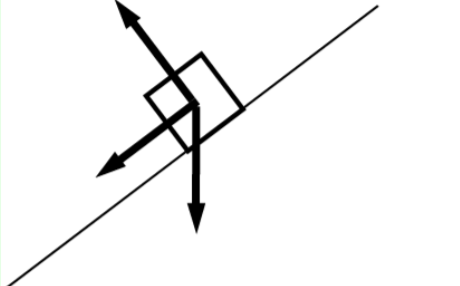
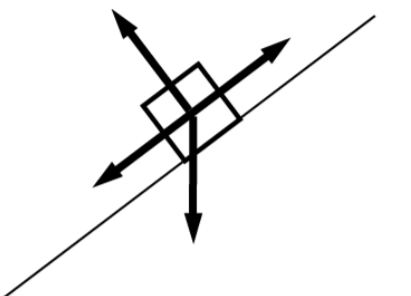
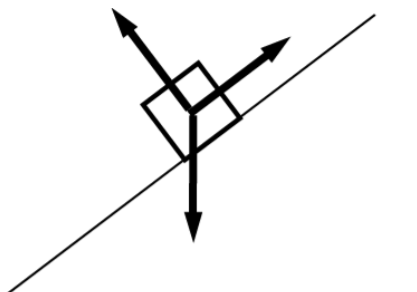
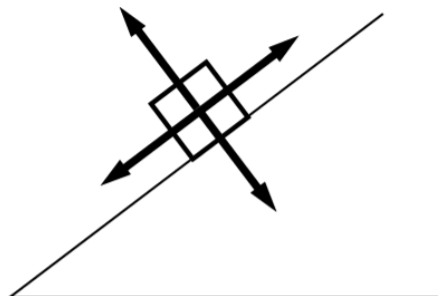
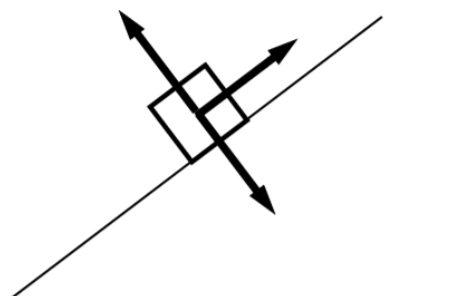
3.
Multiple Choice
A planet of mass m orbits a star of mass M, where m<<M. The orbit is circular, its radius is r, and
its period is T. True statements about the planet’s orbit include which of the following?
I. The orbital speed equals 2πr / T
II. The gravitational force equals GMm / r2
III. If the orbital radius r were greater, T would also be greater.
I only
II only
I and III only
II and III only
I, II, and III
4.
Multiple Choice
While traveling in its elliptical orbit around the Sun, Mars gains speed during the part of the orbit where it is getting closer to the Sun. Which of the following can be used to explain this gain in speed?
As Mars gets closer to the Sun, the Mars–Sun system loses potential energy and Mars gains kinetic energy.
A component of the gravitational force exerted on Mars is perpendicular to the direction of motion, causing an acceleration and hence a gain in speed along that direction.
The torque exerted on Mars by the Sun during this segment of the orbit increases the Mars–Sun system’s angular momentum.
The centripetal force exerted on Mars is greater than the gravitational force during this segment of the orbit, causing Mars to gain speed as it gets closer to the Sun.
5.
Multiple Choice

A rock of mass m is thrown horizontally off a building from a height h, as shown above. The speed of the rock as it leaves the thrower's hand at the edge of the building is v.
What is the kinetic energy of the rock just before it hits the ground?
mgh
Explore all questions with a free account
Find a similar activity
Create activity tailored to your needs using
.svg)

Gravitational Potential Energy & Escape Velocity
•
11th Grade

(AP P1) Quiz 4.2
•
11th Grade

AP Physics Misconceptions
•
11th - 12th Grade

AP Physics Systems
•
11th - 12th Grade

2020 S3 第10章 功与能 测验1
•
KG - Professional Dev...

Gravity
•
12th Grade

Orbits
•
9th - 12th Grade

AP Physics: Energy Quiz #1
•
12th Grade